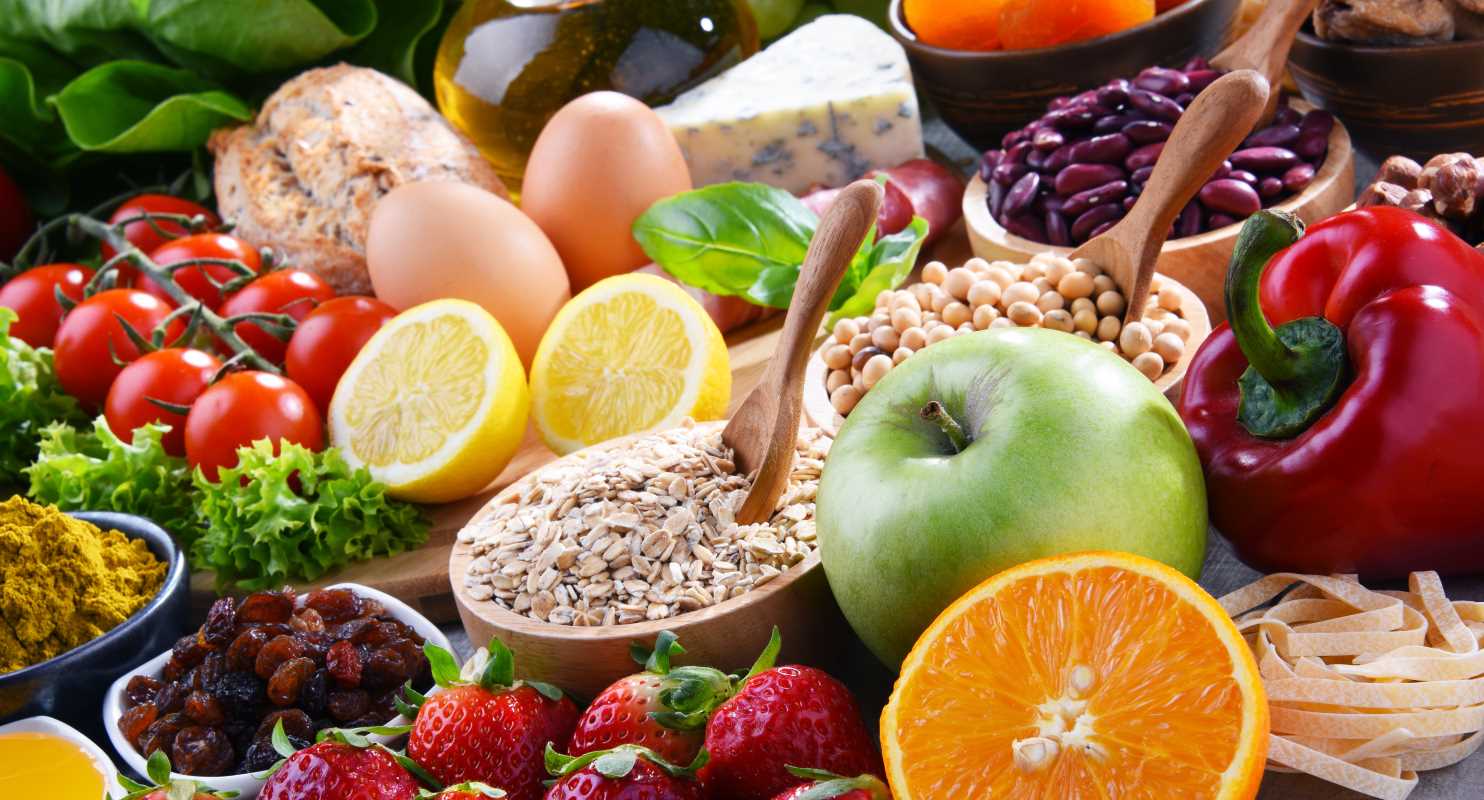Atopic dermatitis, often called eczema, is a skin condition that can cause intense itching, redness, and dryness. While it's commonly treated with creams, medications, and lifestyle changes, many people don't realize that what we eat can also affect our skin health. Diet might not directly cause atopic dermatitis, but it can play a role in triggering flare-ups or calming them down. Certain foods can make inflammation worse, while others may soothe the skin and strengthen the body's defenses. If you've been struggling with atopic dermatitis, making some tweaks to your diet could be another way to reduce symptoms and feel more comfortable in your skin.
The Role of Diet in Skin Health
The connection between diet and skin isn't always obvious, but it's real. Your skin is your body's largest organ, and like every other part, it relies on nutrients to stay healthy. Think of your diet as fuel for your body; nothing works well with poor-quality fuel.
The immune system is often overactive for people with atopic dermatitis, causing the skin to react more strongly to irritants or allergens. Some foods can worsen this immune response, while others may help keep inflammation at bay. While diet isn't a replacement for medical treatment, it can be valuable in managing skin symptoms.
Foods That May Help
Certain foods are known for their anti-inflammatory properties. Since atopic dermatitis involves inflammation, these foods can lower the body's overall inflammatory response and may reduce the severity or frequency of flare-ups.
Fatty Fish
Salmon, mackerel, and sardines are rich in omega-3 fatty acids, which have potent anti-inflammatory effects. Omega-3s help your skin retain moisture and support its natural barrier, making it less prone to dryness and irritation.
Fruits and Vegetables
Brightly colored fruits and veggies, such as berries, spinach, sweet potatoes, and bell peppers, contain antioxidants. These compounds fight free radicals, molecules that can damage skin cells and worsen inflammation.
Vitamin C in oranges and strawberries is great for collagen production and healing damaged skin. Meanwhile, leafy greens like kale are rich in vitamin E, which helps protect skin cells and reduces itching.
Probiotic-Rich Foods
Probiotics are beneficial bacteria that support gut health, which is increasingly recognized as critical for overall wellness, including skin health. Foods like yogurt, kefir, miso, and sauerkraut can help balance the gut microbiome, potentially lowering inflammation throughout the body.
Whole Grains
Swapping refined carbohydrates (like white bread or sugary snacks) for whole grains like brown rice, quinoa, or oats can help manage blood sugar levels. High blood sugar can spike inflammation, so keeping it steady with complex carbs may reduce eczema symptoms.
Healthy Fats
Olive oil, avocado, and nuts like almonds are great sources of healthy fats that help maintain a strong skin barrier. These foods also have anti-inflammatory benefits that make them skin-friendly.
Foods to Avoid
Just as some foods can help, others may contribute to flare-ups by increasing inflammation or irritating your immune system. Everyone is different, so not all these foods will affect every person with atopic dermatitis, but they're worth monitoring.
Dairy
Milk, cheese, and other dairy products are common allergens that can trigger an immune response in some people. If you notice more itching or redness after eating dairy, try a dairy-free diet for a few weeks.
Processed Foods
Highly processed foods, such as chips, fast food, and sugary desserts, are often high in unhealthy fats, salt, and sugar. These ingredients can increase inflammation and worsen skin issues.
Gluten
Some people with eczema find that gluten, a protein found in wheat, barley, and rye, can worsen their symptoms. While gluten intolerance or celiac disease is different from atopic dermatitis, some overlap exists.
Spicy Foods
Spicy dishes, while tasty, can trigger inflammation or worsen itching in some people with sensitive skin. Capsaicin, the compound that makes chili peppers hot, might aggravate symptoms during a flare-up.
High-Sugar Foods
Candy, soda, and baked goods can cause blood sugar spikes, which may lead to increased inflammation. Cutting back on sugary treats can be good for your skin and overall health.
Tips for Making Dietary Changes
Changing your diet doesn't have to be overwhelming or restrictive. Small, mindful steps can make a big difference over time. Here are some practical tips for getting started:
Keep a Food Diary
Track what you eat and how your skin reacts. Over time, you may notice patterns or specific foods that trigger symptoms.
Add, Don't Just Subtract
Consider what you can add instead of focusing solely on what to cut out. Incorporate more anti-inflammatory foods like fruits, veggies, and fish into your meals.
Try an Elimination Diet
If you suspect a particular food might be making your eczema worse, eliminate it from your diet for 2-4 weeks and observe any changes in your skin. Gradually reintroduce it to confirm if it's a trigger.
Stay Hydrated
Water isn't exactly a "food," but it's essential for healthy skin. Staying hydrated helps your skin retain moisture and reduces dryness.
Seek Expert Guidance
If you struggle to figure out what works for you, consult a dermatologist or a nutritionist. They can help you design a diet that supports your skin health without sacrificing variety or flavor.
 (Image via
(Image via





